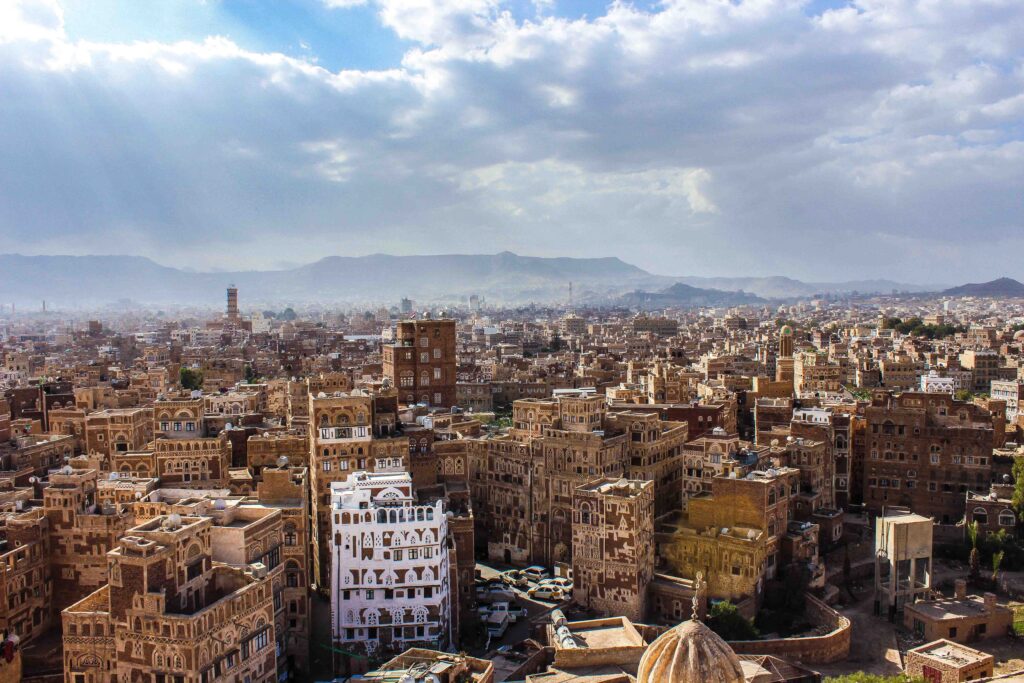Overall, the MENA states face several unique challenges that hinder their progress towards achieving the SDGs. Some unique challenges to this region are:
Conflict and Political Instability: Many countries in the region experience internal conflicts, civil wars, and political instability, which undermine efforts to achieve the SDGs. Conflicts lead to loss of lives, displacement of populations, destruction of vital infrastructure, and disruptions of essential services. Political instability provides an uncertain environment that deters foreign investment, slows down economic growth, and undermines social progress. This compounds other SDG inhibitors such as already limited resources. Desertification, water scarcity, and the effects of climate change have drastically impacted the MENA region food security, renewable energy, and economic growth.
Another example of failed SDG progresses widely in the region is in SDG 5 Gender Inequality. Although progress has been made in some areas, gender inequality remains a significant challenge in many MENA states. The low representation of women in decision-making positions, access to education and employment, and legal barriers to equal rights and opportunities limit the region’s ability to achieve the SDGs. Thats not to say that it is entirely doom and gloom in the MENA region regarding SDG 5. Tunisia is a state that has made some strides in SDG 5 progress.
In 2011, following the Arab Spring, Tunisia adopted a new constitution that enshrined gender equality as a fundamental principle. Since then, women’s participation in politics has increased significantly. In the 2019 parliamentary elections, women won 23% of seats in the Assembly of People’s Representatives, the highest percentage in the country’s history (Brookings).
In addition to representation in politics, Tunisia has also made strides in promoting women’s economic empowerment. The country has implemented policies and programs aimed at increasing women’s access to finance and supporting women entrepreneurs. In 2014, Tunisia launched a national strategy to support the economic empowerment of women, which included measures such as providing funding for women-owned businesses and offering training and mentorship programs. Despite this several strides need to be taken to achieve better equity.
It is undeniable that varying state capacity has also played a role in this lack of progress. Social tensions: Specifically in areas such as education, healthcare, and civil liberties may face increased social tensions, which can spill over into regional politics and security. For example, a lack of education or job opportunities can lead to radicalization and extremism, posing a threat to stability domestically and in the MENA region at large.
Ten years in, Tunisian democracy remains a work in progress (brookings.edu)
